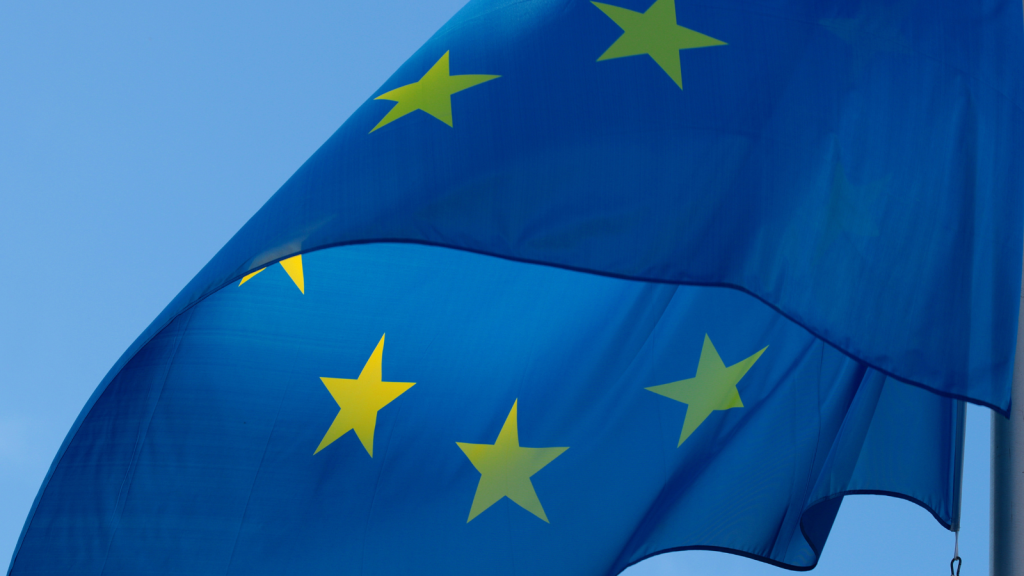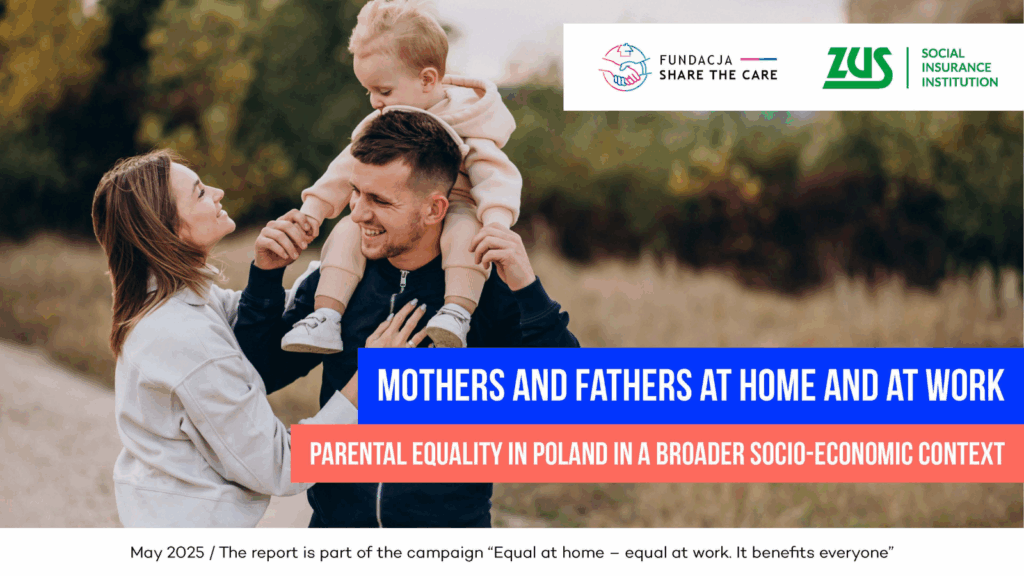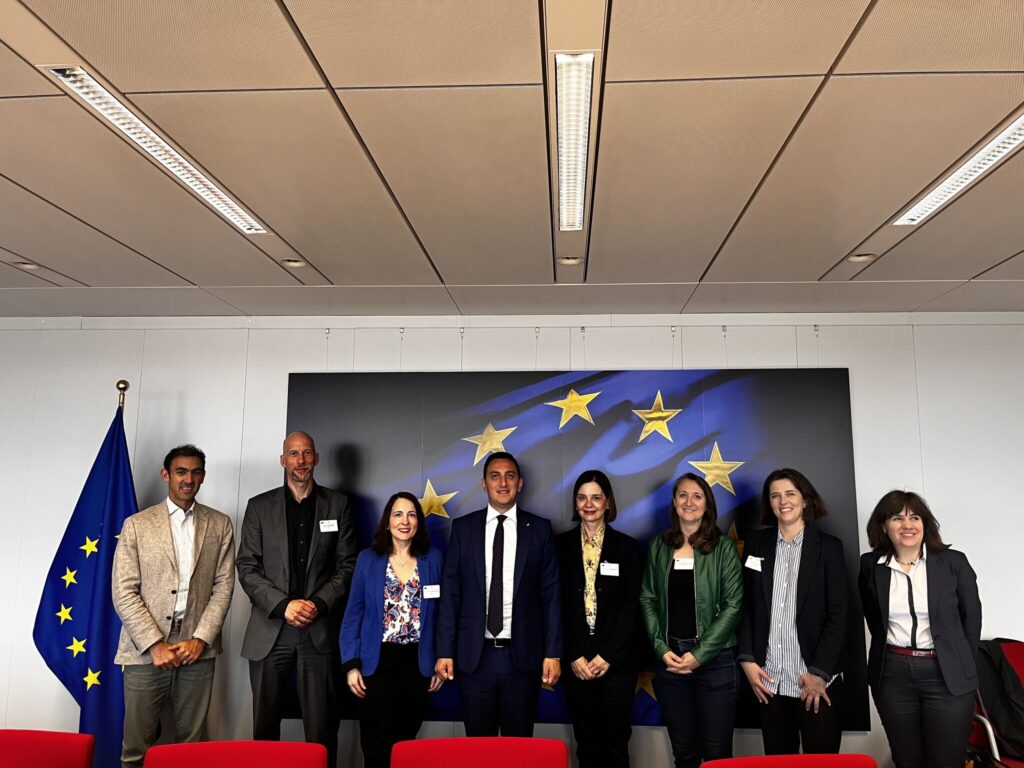Becoming a parent can be very joyful, but it can also be stressful. A study by Amy Heshmati, Helena Honkaniemi and Sol P. Juárez (Stockholm University) shows that mental health disorders during the post-natal period are common morbidity, but parental leave might help alleviate symptoms by preventing or reducing stress. The study evaluates systematically the international scientific literature on the association between parental leave and parents’ mental health, considering different aspects of the leave (paid vs. unpaid leave, duration of leave) and all possible mental health outcomes (from mild to severe conditions) in both mothers and fathers. Additionally, it considers the indirect effect of one parent using parental leave on their partner’s mental health.
The new context that parenthood creates can pose difficulties for parents already experiencing mental health problems and be a trigger for those without prior conditions. There are various stressors linked to parenthood that might exacerbate or trigger mental health problems. These stressors include biological changes and the physical burden due to pregnancy and childbirth, challenges related to childcare, career uncertainties, and financial pressures because of time off work and reduced income.
Generous parental leave could mitigate and prevent mental health problems among parents by supporting them in this new phase of life. This finding was especially visible for mothers, who experienced decreased risks of common mental health disorders with paid leave lasting more than 2–3 months. Findings on fathers are less conclusive, although evidence suggests that more generous parental leave schemes are also beneficial for fathers. While the study focuses on parents’ health, it is expected that healthy parents will contribute to a healthy family environment and thus parental leave will also have a positive impact on the child.
Together with the EU Work-life Balance Directive, policymakers should consider the evidence of this study when discussing parental leave schemes and promote a work-life balance for parents as well as a more equal sharing of parental leave between men and women.
Based on an article by Population Europe, read more here.
Photo: cottonbro studio / Pexels





